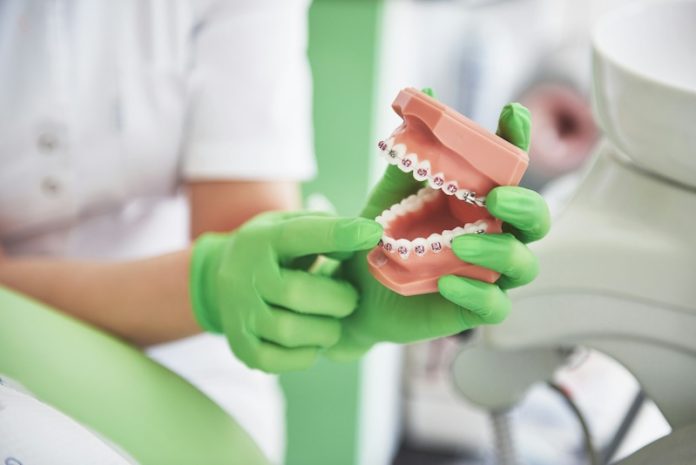
In a surprising twist of medical research, a recent study has revealed that statins, well-known for their cholesterol-lowering powers, may also hold the key to combating gum disease.
Conducted in cell cultures, this study found that statins can significantly reduce inflammation linked to periodontal disease by influencing the behavior of macrophages, crucial immune cells in the body’s defense system.
Statins, which are among the most prescribed medications in the United States with over 40 million users, could now be seen in a new light. Beyond their cardiovascular benefits, they might also play a pivotal role in improving gum health and, by extension, reducing the risk of heart disease.
The research was spearheaded by Subramanya Pandruvada, an assistant professor at the Medical University of South Carolina’s College of Dental Medicine.
By simulating the conditions of periodontal disease in vitro, the team discovered that statins can alter macrophage response, shedding light on a potential therapeutic use of these drugs beyond their traditional application.
This intriguing find was part of the findings presented at Discover BMB, the annual meeting of the American Society for Biochemistry and Molecular Biology in San Antonio.
Leading the study alongside Pandruvada were Waleed Alkakhan, a graduate dental resident specializing in periodontology, and Nico Farrar, a dental student, both from the Medical University of South Carolina.
Periodontal disease, a condition affecting nearly half of adults over 30 in the U.S., triggers an inflammatory response to bacterial growth in the gums. This response can lead to swelling, bleeding, and even bone loss, culminating in tooth loss if left untreated.
The quest for less invasive treatments has been ongoing, with current strategies including antibiotics, deep cleanings, and surgery.
Past studies hinted at statins’ beneficial effects on gum health, but this research marks the first time the biochemical pathways behind these effects have been explored.
The team’s work suggests a novel method where statins specifically target macrophages, offering a new angle for treating periodontal disease.
Macrophages, key to fighting infections, can also exacerbate inflammation under certain conditions.
The study found that simvastatin, a common statin, could suppress the inflammatory actions of these cells when exposed to them in a controlled environment alongside gum cells.
The promising results have paved the way for further research, with plans to test the impact of statins on periodontal disease in animal models.
This step is crucial for validating whether statins could be a viable and safe option for periodontal therapy in the future.
These findings not only enhance our understanding of statins’ potential in treating periodontal disease but also open the door to new therapeutic approaches that could benefit millions suffering from gum disease.
With the initial results published in the journal Cells, this research is setting the stage for a paradigm shift in how we perceive and use statins for overall health improvement.
If you care about tooth health, please read studies about new causes of tooth decay and gum diseases, and common tooth disease that may increase risks of dementia.
For more information about dental health, please see recent studies about diabetes and gum disease, and results showing this diet could help treat gum disease.
Copyright © 2024 Knowridge Science Report. All rights reserved.



